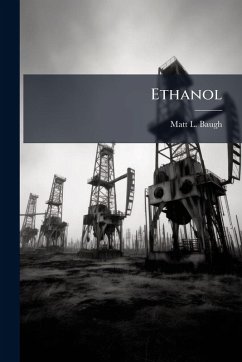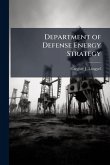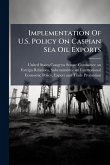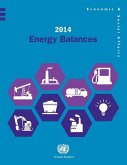The 2006 US National Security Strategy contains three tenets that appear to be at odds with US ethanol policies--free trade and open markets, "energy independence," and decreased carbon emissions. This paper analyzes the relationship of ethanol to the economic, energy, and environmental security realms, with the objective of assessing their compatibility with the current NSS. In terms of economic security, the research addresses both sides of the ethanol import tariff, the creation of domestic and foreign jobs, and the alleged link of ethanol to rising food prices. In reference to energy security, the paper discusses the misunderstood term "energy independence" and the sustainability of ethanol production. In regard to environmental security, it analyzes both greenhouse gases and land use concerns. The paper concludes that US ethanol policy is consistent with energy and environmental security concerns, but drastically opposes economic security issues. It recommends the removal of the ethanol import tariff once a target price is reached, to help stimulate competition and consumer ethanol demand. Further, it suggests government incentives for cellulose biomass sourcing, in order to continue the trends of energy efficiency and minimal environmental impact. It concludes with stricter legislative recommendations, and advocates a new NSS to reflect ethanol‟s corrected relationship with US national security. This work has been selected by scholars as being culturally important, and is part of the knowledge base of civilization as we know it. This work was reproduced from the original artifact, and remains as true to the original work as possible. Therefore, you will see the original copyright references, library stamps (as most of these works have been housed in our most important libraries around the world), and other notations in the work. This work is in the public domain in the United States of America, and possibly other nations. Within the United States, you may freely copy and distribute this work, as no entity (individual or corporate) has a copyright on the body of the work. As a reproduction of a historical artifact, this work may contain missing or blurred pages, poor pictures, errant marks, etc. Scholars believe, and we concur, that this work is important enough to be preserved, reproduced, and made generally available to the public. We appreciate your support of the preservation process, and thank you for being an important part of keeping this knowledge alive and relevant.
Bitte wählen Sie Ihr Anliegen aus.
Rechnungen
Retourenschein anfordern
Bestellstatus
Storno








